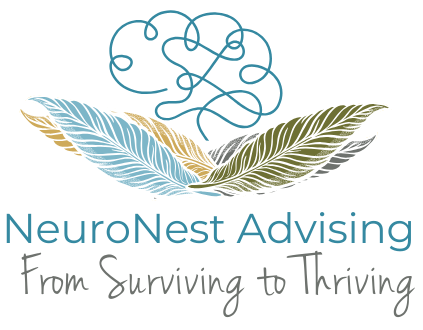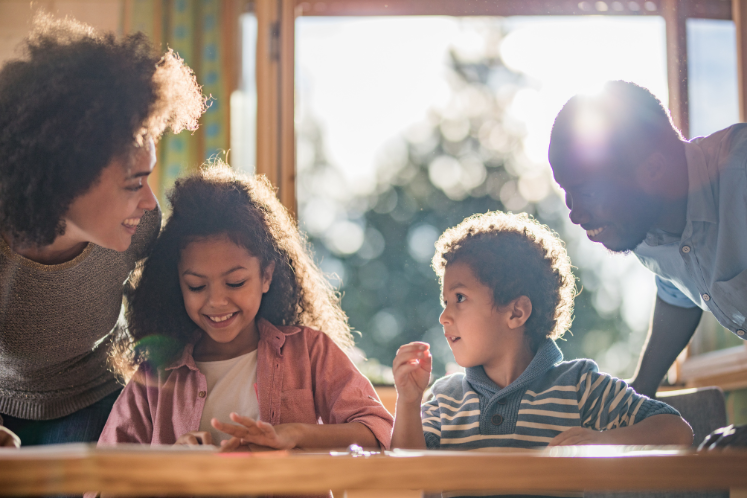Parenting a neurodivergent child is one of the most meaningful journeys — and also one of the most demanding.
We often focus so much on supporting our kids that we forget the quiet cost to ourselves. This month, I want to share some reflections on what that invisible load can mean for us as parents, and how — despite not always having the best models ourselves — we can begin creating a healthier emotional culture at home, one step at a time.
The Invisible Toll on Parents of Neurodivergent Kids
If you’re parenting a neurodivergent child, you know the weight: the constant vigilance, the school meetings, the therapy schedules, the trial-and-error of supports that sometimes work — until they don’t.
It’s a full-time job layered on top of everyday life, and it comes with an invisible toll: burnout.
No wonder so many of us feel stretched thin. Advocacy demands relentless energy and focus. But here’s what matters most: how we show up in these stressful moments profoundly shapes our children.
And here’s some truth we don’t say often enough: parents mess up. We lose our cool. We snap. We say something we regret. What makes the difference isn’t being perfect — it’s noticing, repairing, and showing our kids that even grown-ups are still learning.
Because modeling calmness, self-regulation, and self-compassion is an ideal, not a constant reality. What matters more is letting our kids see how we come back to center, care for ourselves, and make space for everyone’s big feelings. That’s where real connection is built.
Why This Feels Harder Than It Should
Many of us weren’t given a roadmap for this kind of parenting.
Think about the generations before us: our parents and grandparents lived through the Great Depression, World War II, the Holocaust, Jim Crow, and more. Survival in those eras demanded emotional reserve.
There was little room for “feeling your feelings,” let alone modeling empathy or self-regulation. Cultural narratives equated emotions with weakness, so feelings were often buried instead of processed.
That legacy didn’t disappear — it lingers in us today. Now we find ourselves trying to parent differently, to offer emotional fluency and safety we didn’t always experience ourselves, all while carrying the demands of advocacy and modern family life. No wonder it feels like an uphill climb.
Breaking the Cycle: Fostering a Mentally Healthy Family Culture
Here’s the good news: awareness is powerful. Even if we didn’t grow up with models for emotional expression, we can create something new for our kids.
💙 When our children feel emotionally safe with us, they feel truly seen.
💙 When they feel seen, their confidence and resilience grow.
💙 When they experience unconditional acceptance of their authentic selves, they carry that expectation into their future relationships and communities.
That’s the cycle worth building — even if it looks messy, imperfect, and full of course corrections along the way.
A Reflection for You
How do you foster a mentally healthy family culture in your home — one where both you and your child can show up as your full selves?
I’d love to hear your thoughts. Hit reply and share — your reflections might be exactly what another parent in our community needs to hear.


